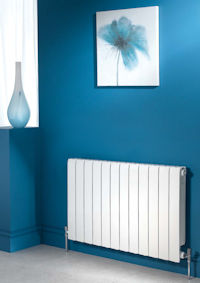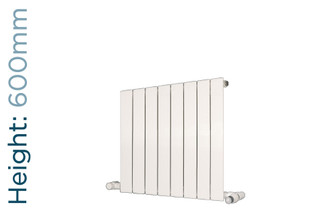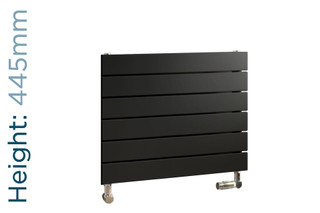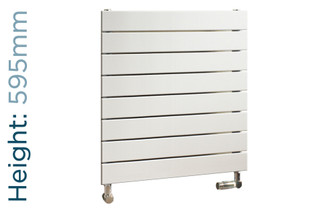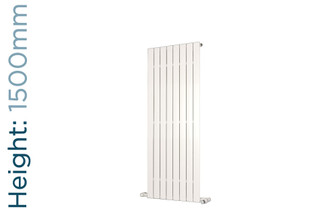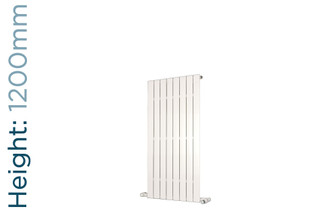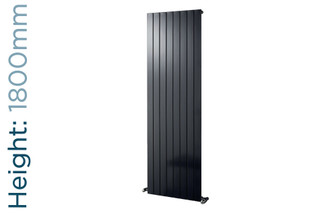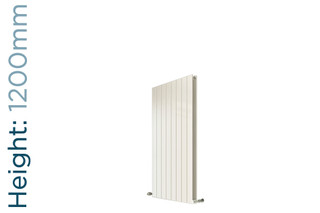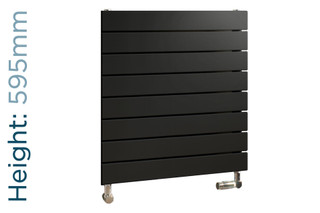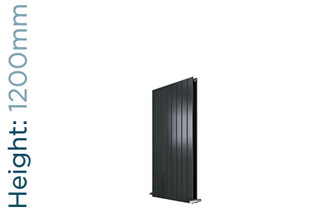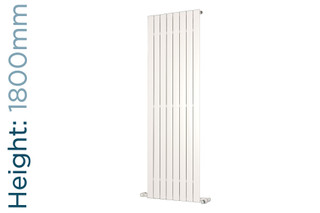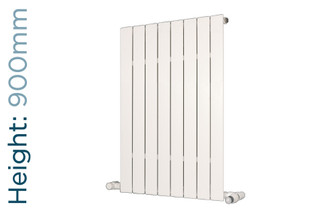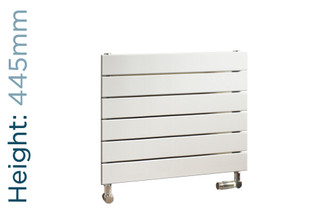Steel versus Aluminium Radiators, which should I choose?
Posted by RB on 16th Sep 2020

Steel versus Aluminium Radiators, which should I choose?
Steel or aluminium, which is the best? It’s a question we frequently get asked here, and the answer is, whichever is best for your needs and circumstance.
Both steel and aluminium radiators have properties that make them great at what they’re meant to do. In essence, both aluminium and steel radiators can be made to look reasonably similar, the differences are in the way they’re made, how they perform and the costs involved. Hopefully, this short blog post will allow you to make a more informed decision on what best suits you, your home and your pocket.
To begin choosing between steel or aluminium when buying a radiator, it’s important to understand the basics of each metal. Firstly aluminium, a metal which doesn’t naturally occur in nature. Produced for the first time in the early eighteen hundreds, aluminium is derived from sulphates and took several decades to become a mass-produced material. It is a durable, long-lasting metal which is corrosion-resistant due to a thin layer of aluminium oxide, and also will resist heavy handling due to it being more malleable and elastic than steel. In addition to this, the metal has an extremely low mass for its volume, it is 2.5 times less dense than steel which can make installation by you or your installer far easier than alternative materials. Steel, on the other hand, is an alloy of iron and carbon and is accepted as being harder and stronger than aluminium. This is due to the fact that the more carbon, the harder the steel. Despite steel being less expensive than aluminium, it is by far heavier making it stronger but more laborious to install.
When buying a radiator, heat transfer and retention are often major factors influencing customers choice. Aluminium conducts up to 5 times more efficiently than steel meaning two things, your rooms will warm up faster, and also cool down quicker due to the metal reacting to dialling up or down of the thermostat more quickly. This makes aluminium radiators an ideal choice for rooms that only get used a few times a year or conservatories for example. This can also reduce energy use resulting in savings on gas, electricity and water bills. Steel, on the other hand, retains heat far better than aluminium, so your rooms will stay toasty for longer after the central heating goes off. This, unfortunately, does mean that your radiator will take longer to heat up, so the choice you make depends on the purpose of the radiator in your home.
It is also important to bear in mind the less direct effects of your choice of radiator material, for example, the effects your radiator may have on the environment. Aluminium is by far more eco-friendly than steel, it not only uses less energy to produce the raw material, but it also uses less energy and water to heat the radiator. This makes it better for yourself and the environment as you could save money on your bills as previously mentioned. Aluminium is also 100% recyclable and is often made from recycled materials making it more beneficial to the environment in the long run. Having high BTU output, aluminium radiators are winners for the environment, but they also have the highest price.
The final consideration to acknowledge before purchasing an aluminium radiator is the appearance of the radiator. With aluminium radiators being a relatively new entrant to the UK market, you may find the range of products available and choice of colours and finishes is limited to compared to the vast range of options for steel radiators. Generally, aluminium radiators are available in modest colours such as white, grey and anthracite.
In summary, aluminium radiators will cost you more to buy and the choice of colours and design can be seen as limited. Despite the drawbacks, they are a more environmentally friendly radiator and are less expensive to run saving you money in the long run. Steel radiators offer almost the opposite of aluminium. They are less expensive at the outset, come in a vast range of shapes, sizes, colours and finishes and retain heat longer, however you don't benefit from the cost-saving aspects you would with an aluminium radiator.
Best-Selling Aluminium Radiators
-
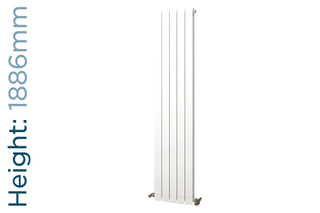
Aluminium Radiators 4u
Infinity Aluminium Designer White Vertical Radiator H1866mm X W260mm
-
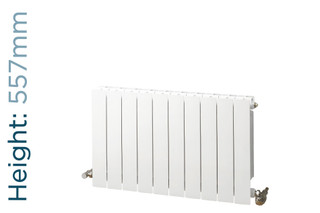
Aluminium Radiators 4u
Infinity Aluminium Designer White Horizontal Radiator H557mm X W260mm
-
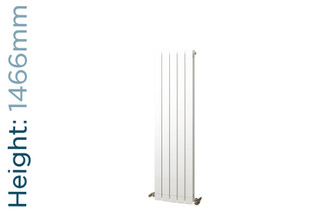
Aluminium Radiators 4u
Infinity Aluminium Designer White Vertical Radiator H1466mm X W260mm
-
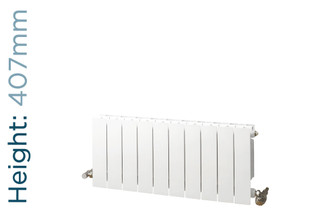
Aluminium Radiators 4u
Infinity Aluminium Designer White Horizontal Radiator H407mm X W260mm
-
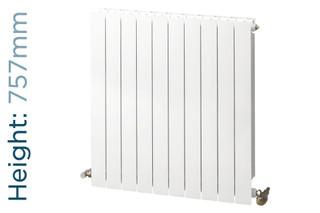
Aluminium Radiators 4u
Infinity Aluminium Designer White Horizontal Radiator H757mm X W260mm
-
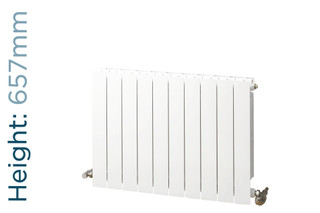
Aluminium Radiators 4u
Infinity Aluminium Designer White Horizontal Radiator H657mm X W260mm
Best-Selling Steel Radiators




